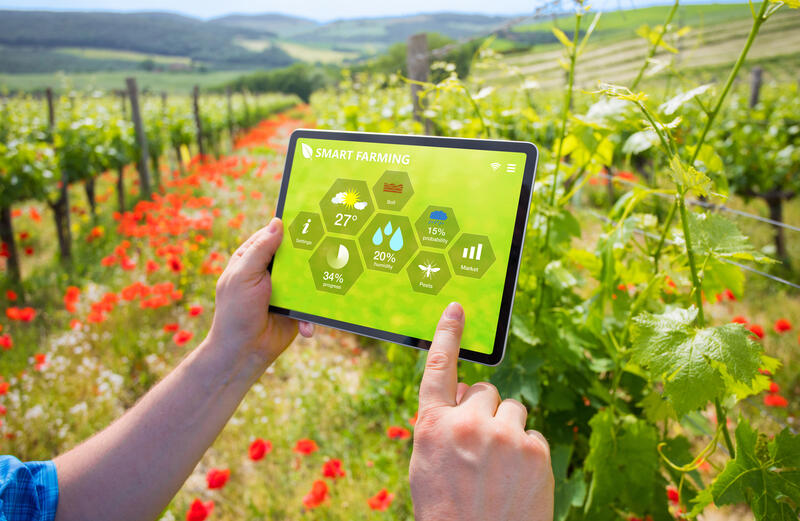The Food and Agriculture Organization (FAO) of the United Nations and the European Union (EU) on Friday announced the setting up of Geographic Information System (GIS) laboratories to boost land governance in rural Kenya.
Husna Mbarak, Lead in land and natural resource governance at the FAO, said the agency plans to set up 34 GIS laboratories, a system that creates, manages, analyzes, and maps all types of data in different parts of the country.
“We have set up nine laboratories so far and we are currently in the process of completing another 25 before the end of June 2023,” Mbarak said at a briefing in Nairobi, the capital of Kenya.
She revealed that nine counties now have digital registries complete with GIS laboratories and are already benefiting the population with clear land administration processes.
Mbarak also said that there are a number of trainings that are going on in the 34 counties where the laboratories will be located to empower personnel on how to use the equipment that includes hardware and software.
Myra Bernardi, head of agriculture at the European Union (EU) to Kenya, said the importance of having GIS laboratories is to facilitate land use planning and management through digital maps and this planning can help in the development of hospitals, schools, roads, natural resources and water access points.
She reckoned that improved land governance through the use of GIS can contribute significantly to some of Kenya’s Vision 2030 priorities such as the creation of jobs, food and nutrition security, natural resource management and mitigation of conflicts.
Bernardi disclosed that the EU has embarked on supporting a number of climate mitigation and adaptation projects that promote sustainable small-scale electrification and green Bus Rapid Transit (BRT). And the EU is also supporting projects that integrate biodiversity conservation and conflict sensitivity in arid lands in northern Kenya.
Bernardi said the EU is supporting the application of GIS in land programs, adding that lapses in land governance use can worsen poverty.
The GIS system, Bernardi said, will lead to improved land governance to reduce conflicts on land and increase efficient and optimal use of natural resources.

